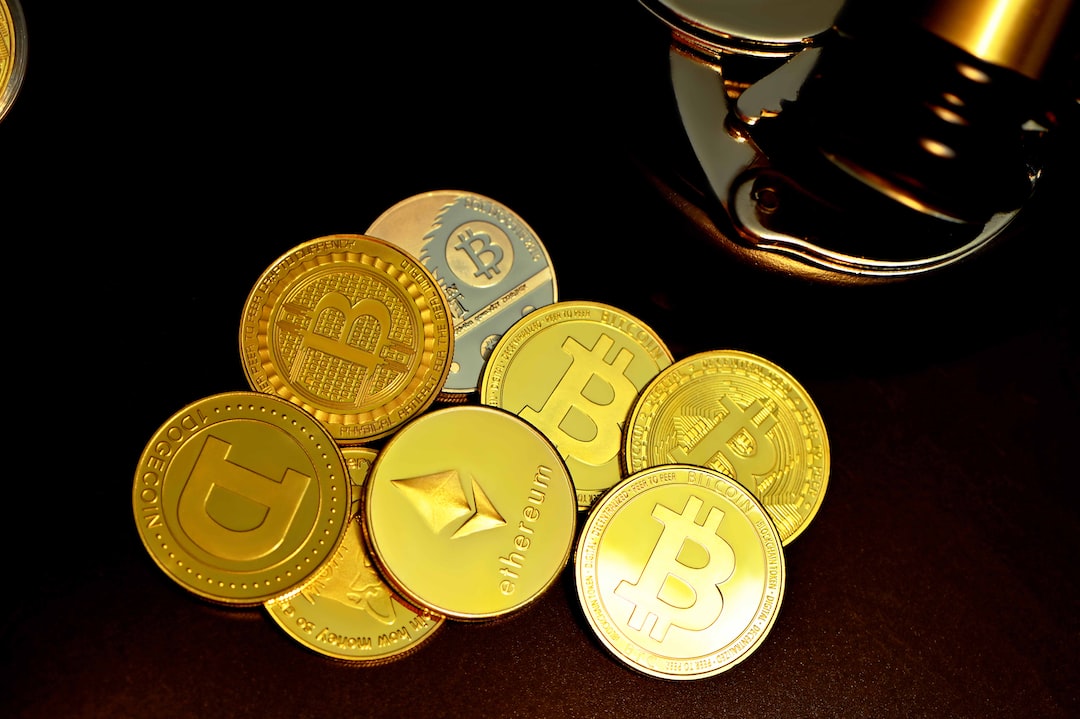The Future of Bitcoin: Regulation or Decentralization?
Welcome to the world of Bitcoin, where the future of digital currency hangs in the balance. As you dive into the realm of cryptocurrency, you may have come across two distinct ideologies clashing – regulation versus decentralization. In this article, we will explore the pros and cons of each approach, and how they may shape the future of Bitcoin.
Regulation: Building Trust and Stability
When it comes to Bitcoin, regulation is often seen as a double-edged sword. On one hand, regulation can provide a sense of security for investors and users alike. It can create a framework for accountability, ensuring that Bitcoin exchanges and transactions adhere to certain standards. This, in turn, may attract institutional investors and pave the way for mass adoption.
Additionally, regulation can help prevent illegal activities such as money laundering, fraud, and terrorist financing. By implementing compliance measures, governments can identify and track suspicious transactions, making Bitcoin a less attractive avenue for criminal activities.
However, regulation comes with its own set of challenges. As the government steps in to oversee Bitcoin, it may impose restrictions that hamper its decentralized nature. Some argue that excessive regulation could stifle innovation and hinder the true potential of Bitcoin.
Decentralization: Embracing Freedom and Privacy
Decentralization lies at the core of Bitcoin’s philosophy. The absence of a central authority, such as a government or financial institution, gives users the freedom to control their own wealth and privacy. This peer-to-peer network ensures transparency and eliminates the need for intermediaries, reducing costs and increasing efficiency.
Furthermore, decentralization can be a safeguard against censorship and unfair monetary policies. With Bitcoin, you have the power to send and receive funds anywhere in the world, bypassing traditional banking systems and their associated fees. This financial freedom can be especially valuable for individuals in countries with unstable economies or limited access to banking services.
Nonetheless, while decentralization offers numerous advantages, it also opens doors to illicit activities. Without any regulation, Bitcoin can become a safe haven for money laundering and other criminal endeavors. This raises concerns about the negative impact on society and the potential damage to Bitcoin’s reputation.
The Future of Bitcoin: Striking a Balance
So, what does the future hold for Bitcoin? Will it lean toward regulation or remain true to its decentralized roots? The answer may lie in finding a balance between the two.
It is essential to strike a balance that promotes user protection and compliance while preserving the core principles of Bitcoin. Governments and regulatory bodies can work alongside the cryptocurrency community to establish a framework that ensures stability, security, and transparency without stifling its potential.
As Bitcoin becomes more mainstream, regulations will likely become more prevalent. This increased oversight may attract institutional investors and provide a sense of legitimacy to the cryptocurrency market. Simultaneously, the Bitcoin community must actively participate in shaping these regulations to ensure they align with their values and maintain decentralization.
FAQs: Addressing Common Concerns
1. Will regulation kill Bitcoin’s decentralization?
No, regulation does not necessarily mean the end of Bitcoin’s decentralization. It is possible to establish a regulatory framework that safeguards user interests while preserving the core principles of decentralization. Collaboration between governments, regulatory bodies, and the cryptocurrency community is key.
2. Can decentralization lead to increased criminal activities?
While decentralization can offer privacy and freedom, it can also attract individuals looking to engage in illegal activities. Striking a balance between decentralization and regulation is crucial to mitigate these risks. Implementing necessary compliance measures and fostering responsible use can help address these concerns.
3. How will regulation affect Bitcoin’s value?
Regulation can provide a sense of security and legitimacy to Bitcoin, potentially attracting more investors. However, excessive or unfavorable regulation may have a negative impact on Bitcoin’s value. It is vital to find the right balance that fosters growth while maintaining the integrity of the cryptocurrency.
In conclusion, the future of Bitcoin lies in finding a delicate balance between regulation and decentralization. By embracing both principles, Bitcoin can gain wider acceptance as a reliable form of digital currency, while still preserving the freedom, privacy, and innovation that it was built upon. So, as you embark on your Bitcoin journey, remember that Bitcoin’s destiny is in your hands as part of the cryptocurrency community.





 By
By
 By
By
 By
By
 By
By
 By
By